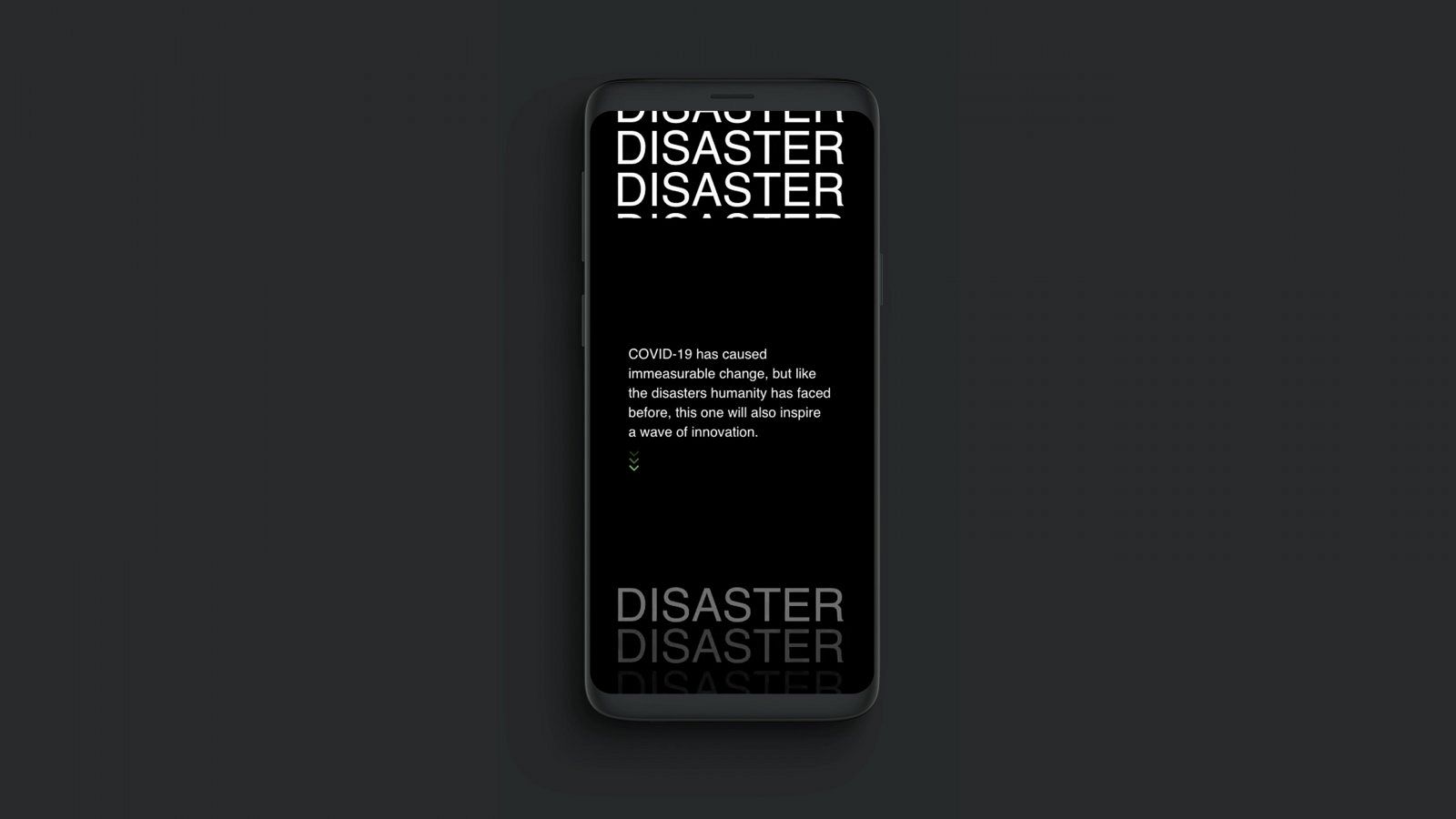
Jeremy Raider
Internship: IDEO
seedsofsilverlining.com/
jeremyraider.com/36e72269a33b48649db942aad577decc
hello@jeremyraider.com
Jeremy Raider is a Design and User Experience Researcher. He observes people's patterns and behaviors to inspire the design of ethical and effective products, experiences, and services.
GRADUATION PROJECT
Many defining aspects of life today were innovations cultivated during humanity’s most turbulent times, like the one we’re living in in 2020. “Seeds of Silver Lining” is a curation of these innovations.
Upon entering the site, visitors re-examine past disasters to learn how they’ve shaped aspects of life we take for granted today. From the N95 masks commonly used to combat COVID-19 to the sewage systems which keep our cities healthy, disasters inevitably force people to adapt to new situations and innovate where needed.
Visitors are welcomed to browse, submit, and share ideas for future innovations, inviting them to consider their roles in shaping the post-pandemic world. In such a pivotal moment in history, “Seeds of Silver Lining” drives people to think differently about how disasters can impact their world, and take the first step in coming up with solutions to build a brighter future.
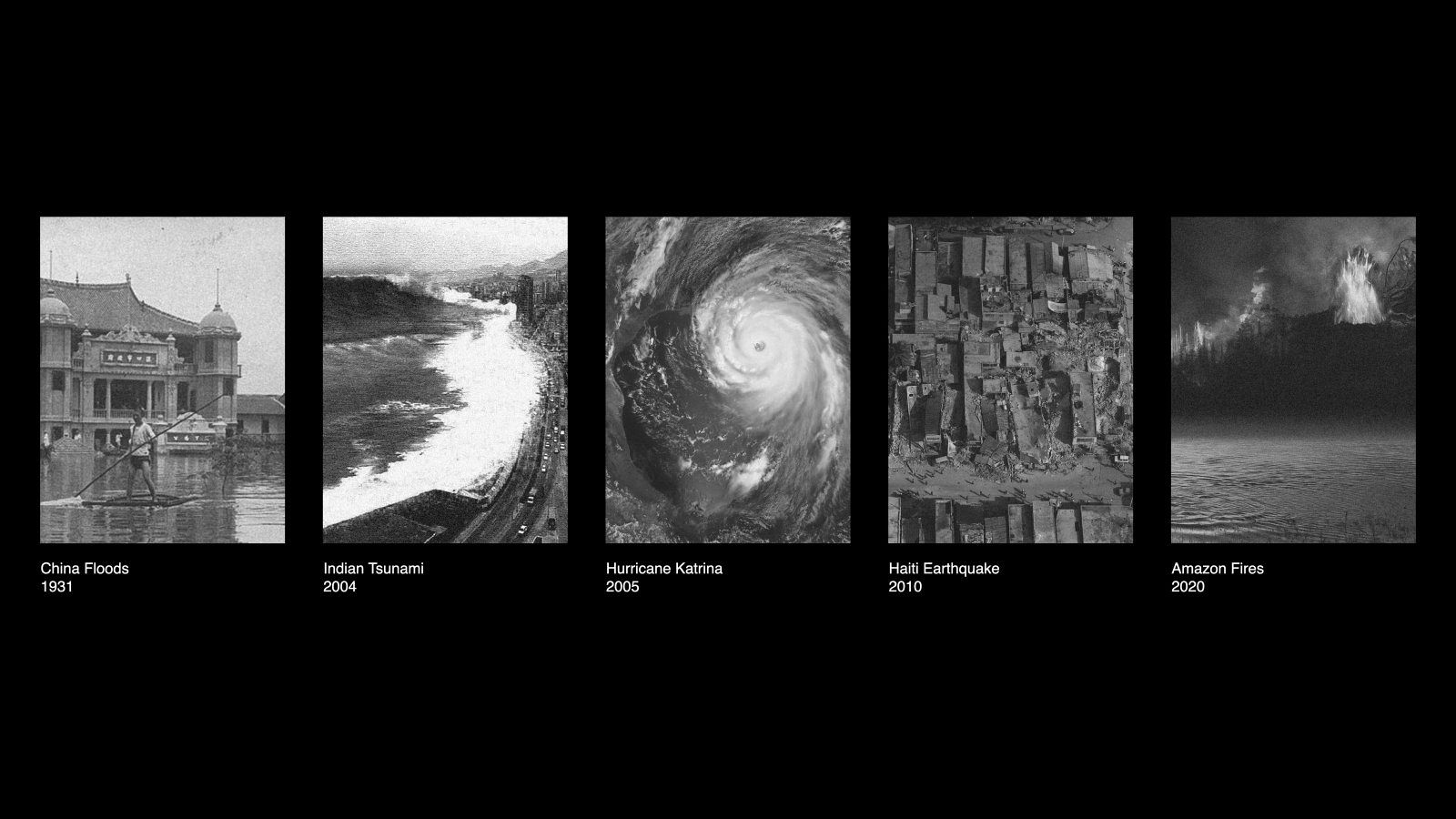
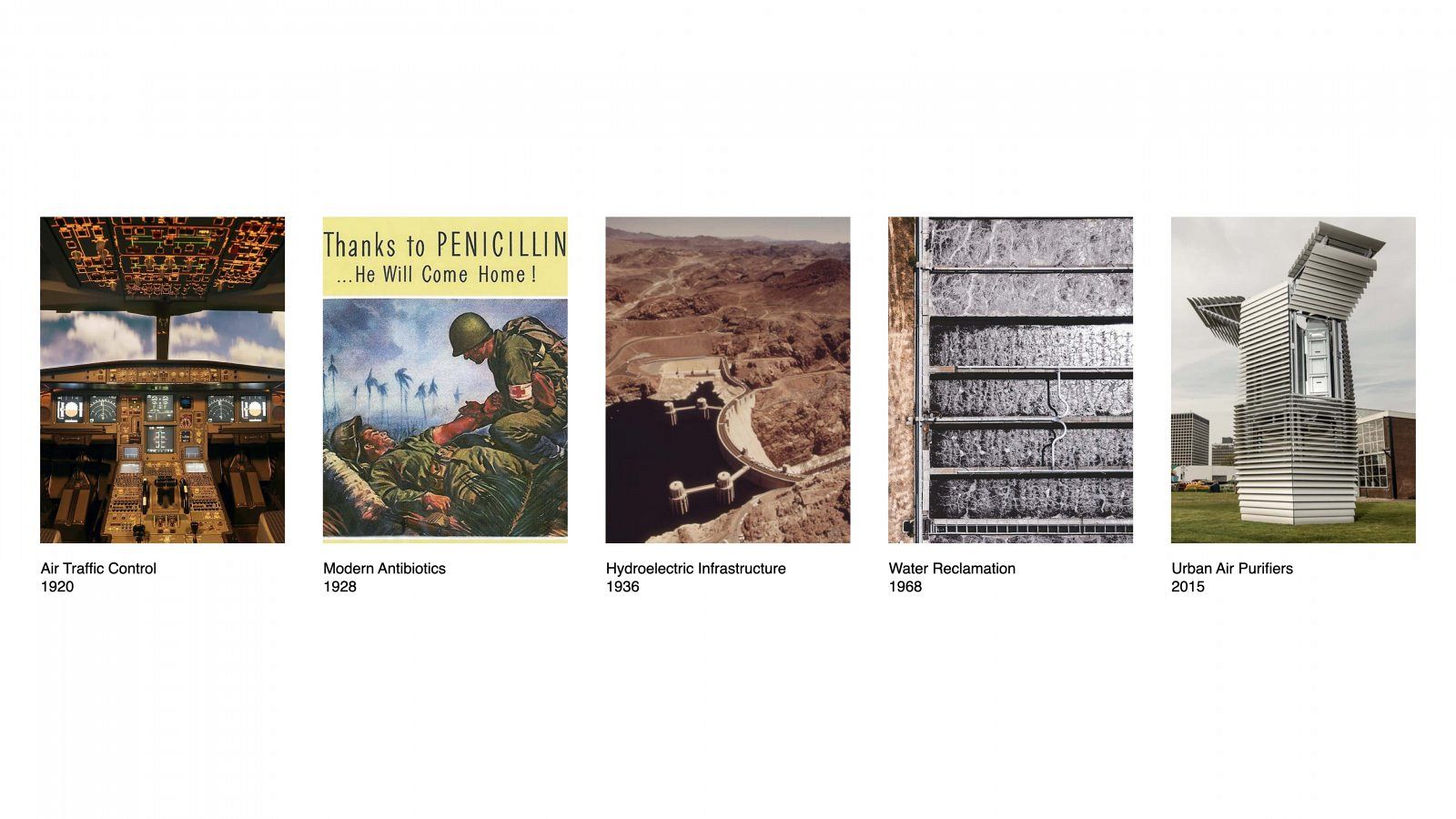
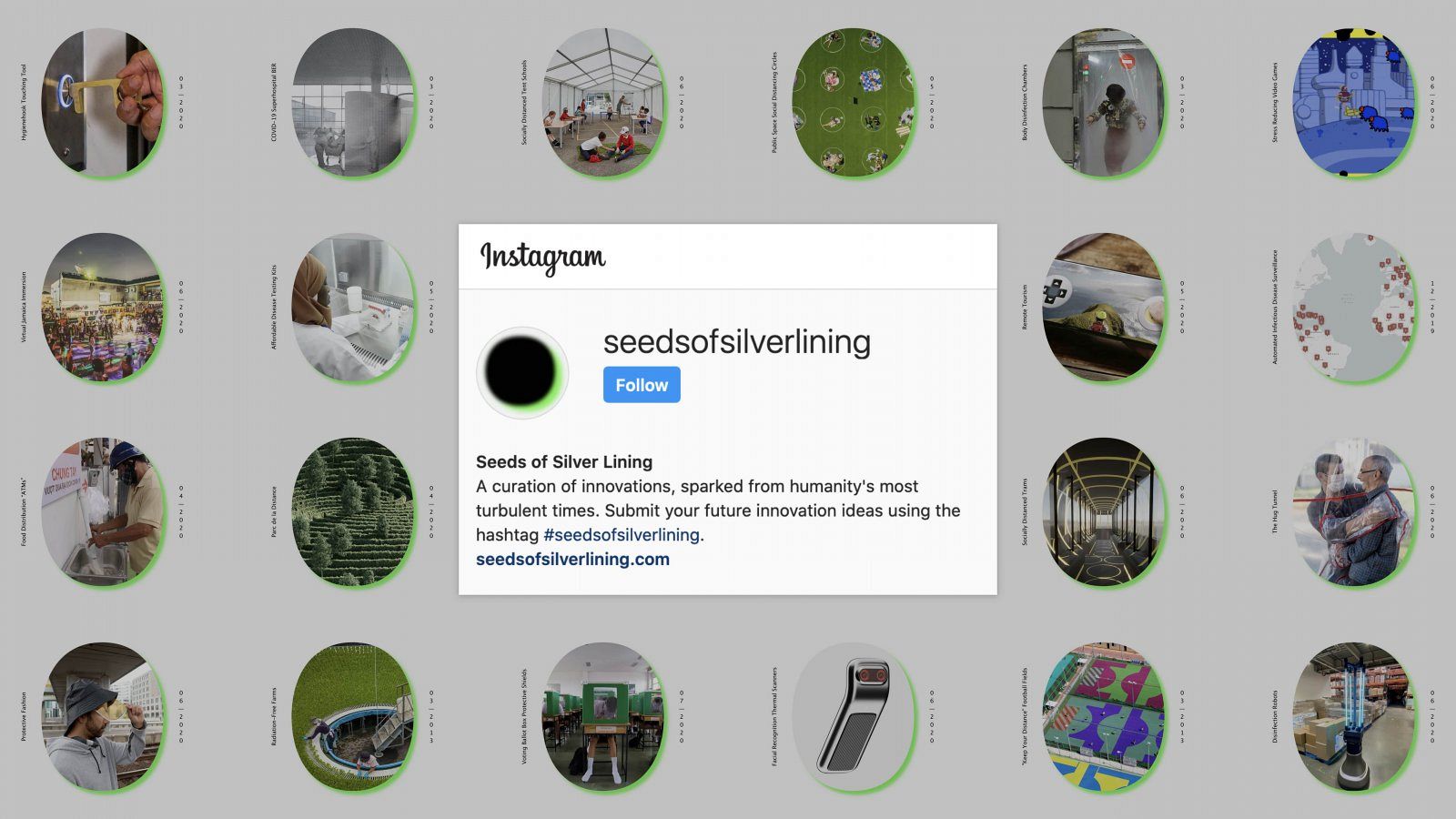
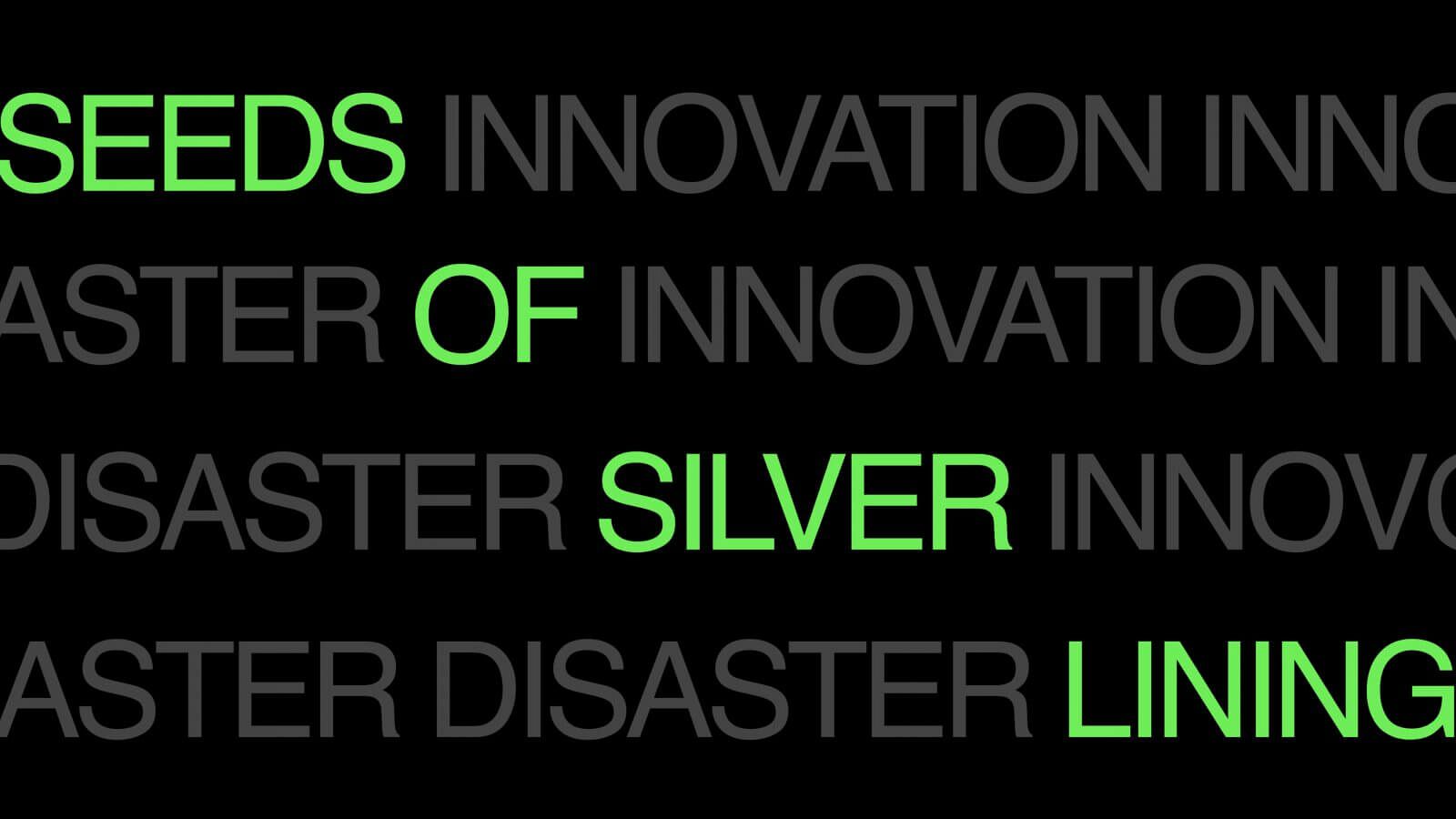
THESIS
Bashed Out: The Serendipitous Path from Destruction to Progression
Titled “Bashed Out: The Serendipitous Path from Destruction to Progression,” Jeremy's thesis investigates humans' innate urge to romanticize nature, how this behavior leads to their environment’s destruction, and why this cycle is necessary for the progression of humanity and their planet.
The thesis begins by reviewing how human’s dependence on their world grew beyond survival needs and into an infatuation with it. Following this, artwork from the Romanticism movement is argued to exemplify the evolution of three behaviors—the act to frame, to indulge, and to domesticate—which have shaped human’s damaging relationship with nature today.
In studying this relationship, two scientist's opposing views of how humanity could sustain its growing population are used to allude to why the ecological crisis continues and has yet to be solved. Although humanity still lacks one solution to address their ecological crisis, a collection of sustainable initiatives across various industries show how tension between opposing sides, striving for the same goal, can lead to advancement.
This unexpected path to progression is compared to the serendipitous process that leads designers to new ideas. The tension built from people's continued pursuit of different endeavors is advocated for the evolution of human and nature.
Revisiting this research through the lens of his graduation project, “Seeds of Silver Lining," Jeremy documents how disasters shape our society beyond their immediate negative consequences. Amidst the current coronavirus pandemic, this project aims to encourage individuals to find inspiration from past innovations and reflect on how this pivotal moment might positively impact the future.